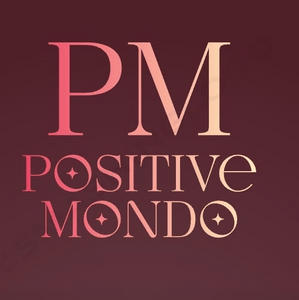Psychology has long been a popular approach to treating mental health issues.
It involves examining thoughts, behaviors, and emotions to better understand the root causes of problems and develop strategies for managing them.
However, while psychology has its advantages, it is not the only approach to mental health and it can be problematic to disregard other aspects of a person's health.
Pros of Psychology for Treating Mental Health
One of the biggest advantages of psychology is that it can provide a safe and confidential space for people to discuss their problems.
Talking to a therapist can help individuals feel heard and understood, which can be a powerful antidote to feelings of isolation and loneliness.
Additionally, psychology is based on evidence-based approaches to treating mental health, so people can feel confident that they are receiving effective treatments.
Cons of Psychology for Treating Mental Health
While psychology can be helpful, it has its limitations. Some people may not feel comfortable opening up to a therapist or may not find talking therapies to be helpful for their particular issues.
Additionally, psychology can be expensive and not everyone can afford regular therapy sessions.
The Importance of Vitamins, Minerals, and Endocrine Glands
It is important to remember that mental health is not just a product of our thoughts and emotions.
Our physical health also plays a significant role, and this includes factors like our diet and exercise habits.
Vitamins and minerals are essential for proper bodily function and can impact mood, energy levels, and cognitive performance. Endocrine glands, which produce hormones that regulate bodily functions, can also impact mental health.
For example, an imbalance in thyroid hormones can lead to symptoms of depression.
New Approaches to Holistic Health
There has been a growing interest in holistic health in recent years.
This approach recognizes that mental and physical health are interconnected and that a focus on the whole person is needed to achieve optimal health.
Holistic health practitioners may offer a range of services, such as stress coaching, nutritional counseling, and meditation and mindfulness practices.
These practices can help individuals develop a more comprehensive understanding of their health and develop strategies for promoting well-being.
The advantage of holistic health is that it takes a more comprehensive approach to mental health, addressing not only psychological factors but also physical and spiritual aspects of health.
Additionally, holistic health practices can be less expensive than traditional therapy and may offer additional benefits, such as improved physical health.
However, holistic health practices should be working in adjunct with traditional allopathic medicine to eliminate the risk of severe underlying causes.
Life and Spiritual Advice for Positive Mental Health
Ultimately, there is no one-size-fits-all approach to mental health.
Individuals should be open to exploring different approaches and finding what works best for them.
In addition to traditional psychology and holistic health practices, there are a number of lifestyle factors that can contribute to positive mental health.
These include:
Regular exercise
Healthy diet
Quality sleep
Strong social connections
Engaging in hobbies and interests
Mindfulness and meditation practices
Seeking spiritual guidance or engaging in religious practices
By incorporating these practices into their lives, individuals can promote mental health and well-being in a variety of ways.
It's important to remember that mental health is not just the absence of mental illness but a positive state of being that requires regular care and attention
For your consultations
Www.positivemondo.com
Youtube :
https://youtube.com/@positivemondo
Www.jadmehannacoaching.com
Www.jadmehanna.com
Www.iapdacademy.com
00961 81460586 whatsapp
Jad Mehanna
Psychologist, coach, mentor, therapist, composer and author

